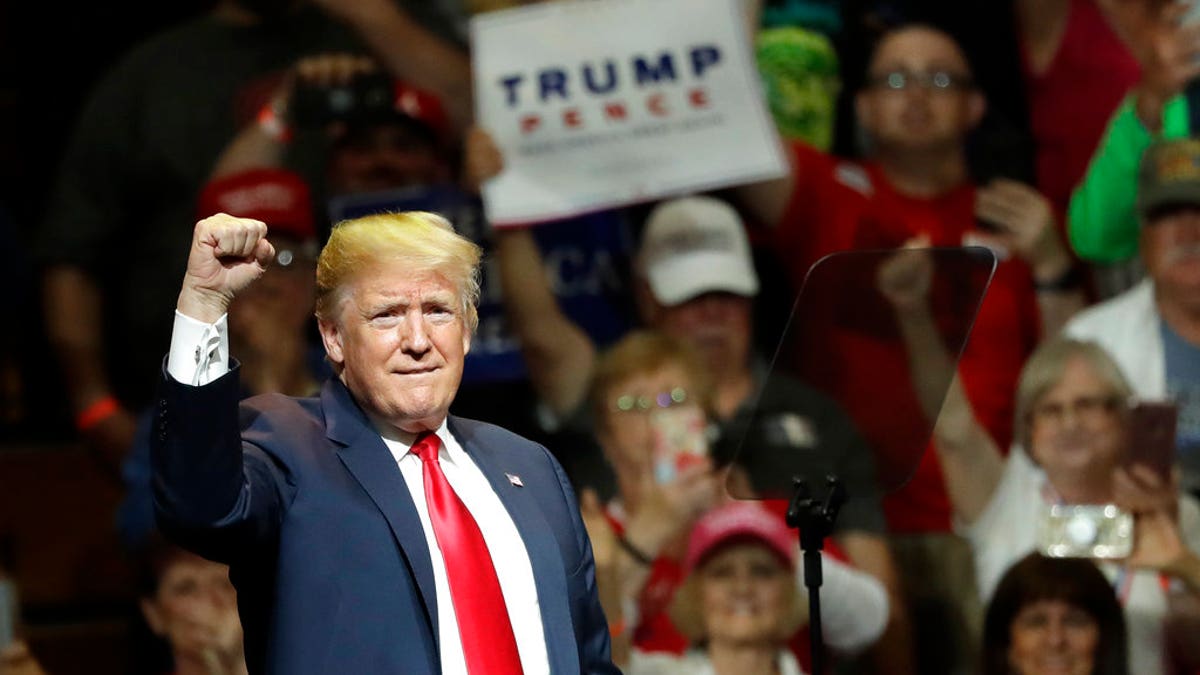
President Donald Trump acknowledges the crowd's applause during a Republican campaign rally Thursday, May 10, 2018, in Elkhart, Ind. (AP Photo/Charles Rex Arbogast) (Copyright 2018 The Associated Press. All rights reserved.)
It looks like ZTE was just thrown a lifeline by President Trump.
Last week the Chinese company said it had ceased “major operating activities” following a U.S. ban on exports to the company in April. This meant that ZTE could no longer make phones. The U.S. Department of Commerce made the move after the company failed to punish employees who reportedly violated American trade controls against Iran and North Korea.
In a tweet, President Trump said he was working to get ZTE back in business at the highest levels, saying that he was collaborating with President Xi of China.
ZTE has more than 75,000 employees and is the fourth largest phone maker in the U.S.
More From Tom's Guide
"The US Congress Dept opened itself up to an appeal so there was always hope that a deal could be worked out," said Avi Greengart, research director of consumer platforms and devices at GlobalData. "I fully expected China to apply political pressure to get the denial order lifted. What I don't think anybody expected was for Donald Trump to personally step in and stump for the Chinese worker."
The message from President Trump comes after ZTE faced several other obstacles, including having the heads of the FBI and CIA warning against buying phones from either ZTE or Huawei.
In January, the lawmakers proposed a bill that would ban the US government from using Huawei or ZTE phones, citing a threat to national security. Despite all of these warnings, we haven't been shown evidence to support these claims.
In a follow-up tweet, the President referenced the larger trade war with China and sounded like he was trying to deescalate tensions with the country.
"China and the United States are working well together on trade, but past negotiations have been so one sided in favor of China, for so many years, that it is hard for them to make a deal that benefits both countries," wrote Trump. "But be cool, it will all work out!"
However, Trump's involvement doesn't necessarily guarantee that ZTE is out of the woods.
"There are plenty of routes that the Commerce Department can take to lift the Denial Order, so this could have a happy ending for ZTE and its US suppliers," said Greengart. "However, other branches of the US government are still claiming that ZTE is a security risk, so ZTE's phone business in the US may still be in jeopardy, even if ZTE is allowed to buy us technology and resume selling infrastructure and devices in other markets."








































